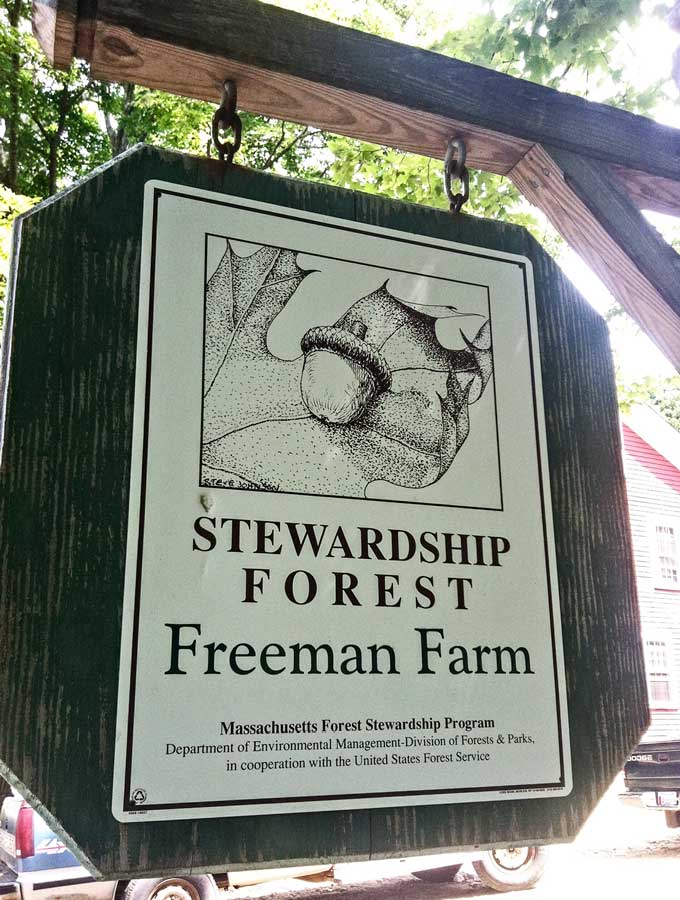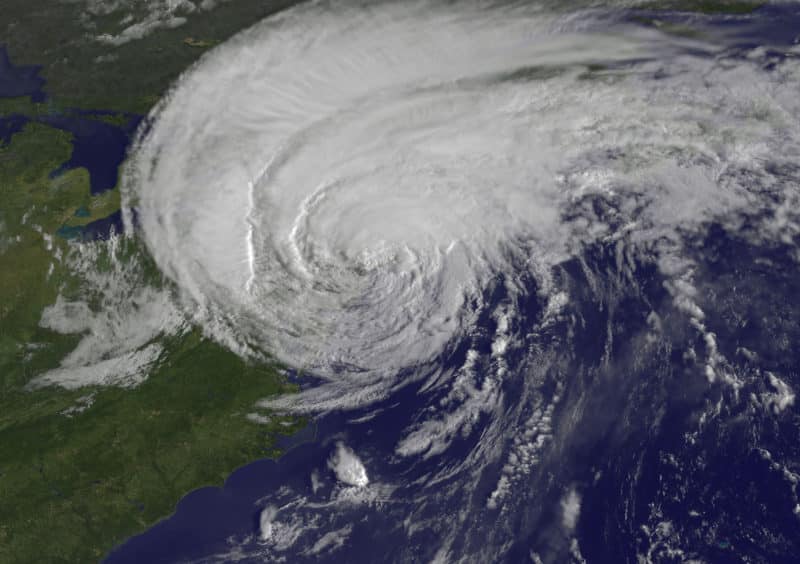When I started working here at Norcross, I would always giggle while in the greenhouse. Leslie, our botanist, had (and still has) a poster featuring an image of a white-tailed deer, complete with gruesome fangs, and the caption “This is what deer look like to your plants”. Over a short period of time I came to understand why she would say, “I feel like a gourmet chef for deer!”. On one of the first garden tours I led, I was thrilled to show our guests the stunning patch of great white trillium in the garden. When we got there, all that was left were stems. The showy blossoms and leaves were gone.
White-tailed deer (Odocoileus virginianus), once overhunted and scarce during Mr. Norcross’ time, are now thriving to the point where they are having a negative impact our forest ecosystem. This cute mammal (technical term = charismatic megafauna), an icon that elicits such emotional response when observed by visitors here at Tupper Hill, could not possibly be a threat to our woods. Alas, as noted in New England Wildflower’s State of the Plants Report (2015) deer overbrowse is one of the three primary threats to our woods. Deer are devouring the seedlings of our native trees and shrubs, affecting forest regeneration and species diversity and opening up areas for non-native, invasive plants to flourish.
White-tailed deer evolved as a prey species and is now lacking a sufficient predator. Aldo Leopold, in 1949, said, “I now suspect that just as a deer herd lives in mortal fear of its wolves, so does a mountain live in mortal fear of its deer”. Are our woods approaching the point of no return? Have we passed it? If deer populations were brought into balance would our natural biological diversity return?
For more information:
Too Many Deer: A Bigger Threat to Eastern Forests than Climate Change?
Impacts of White-Tailed Deer Overabundance in Forest Ecosystems: An Overview



